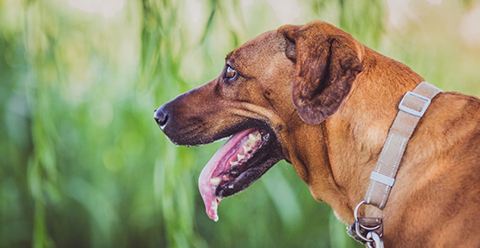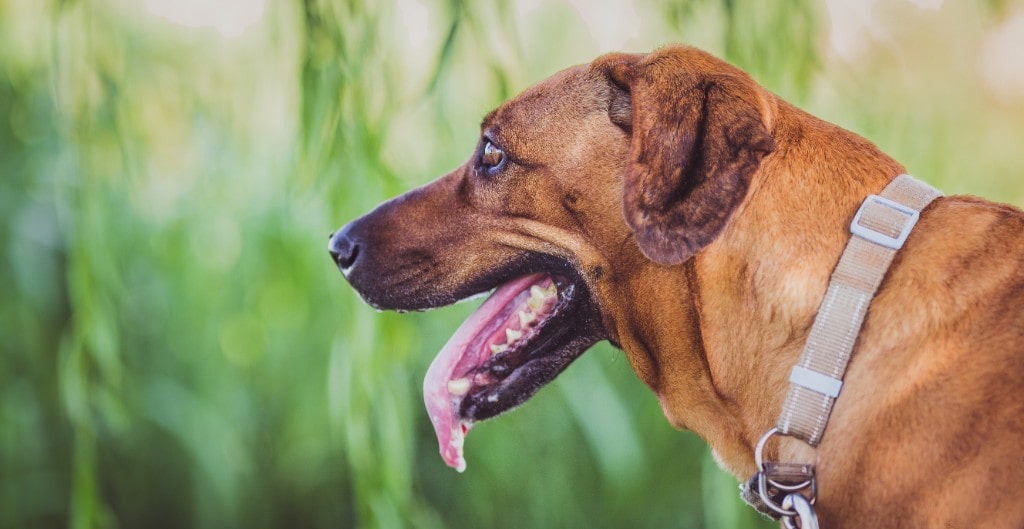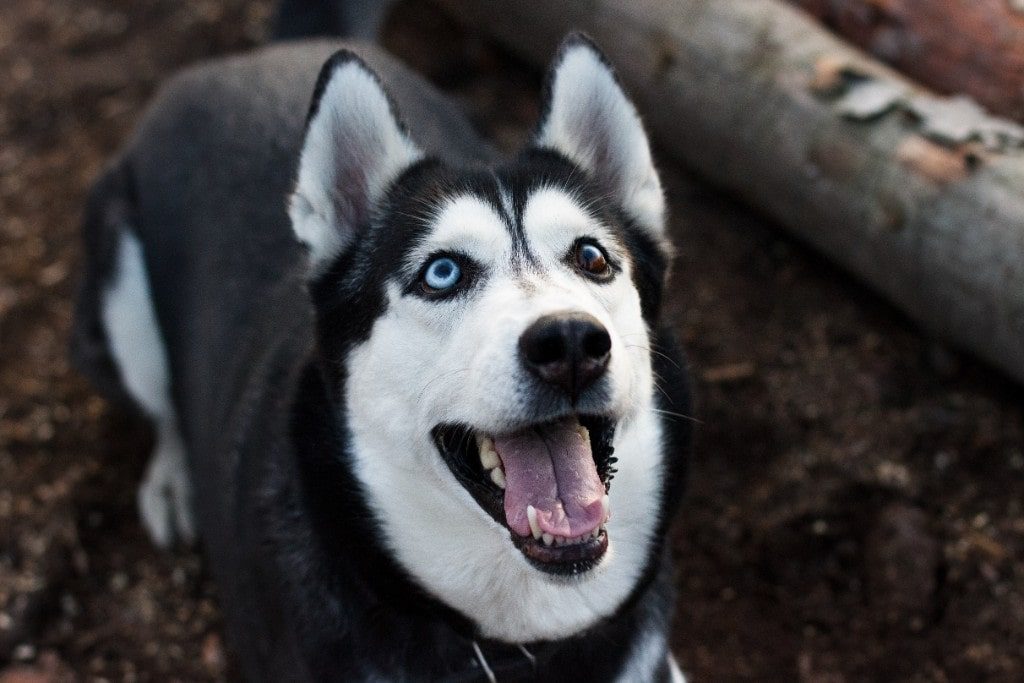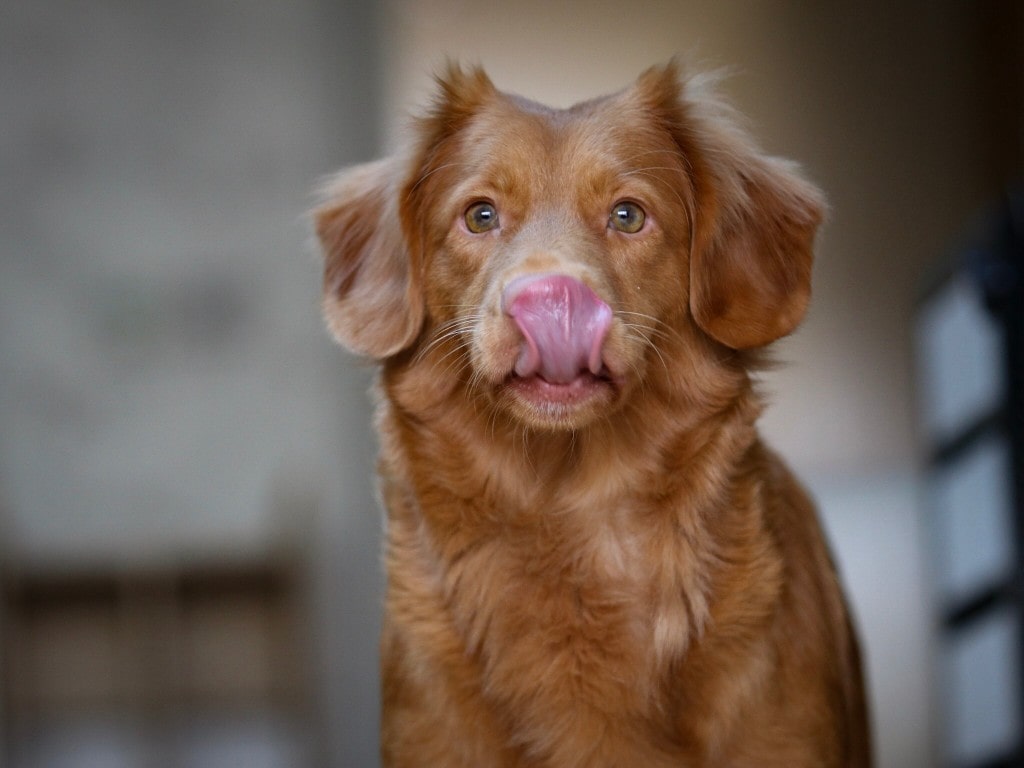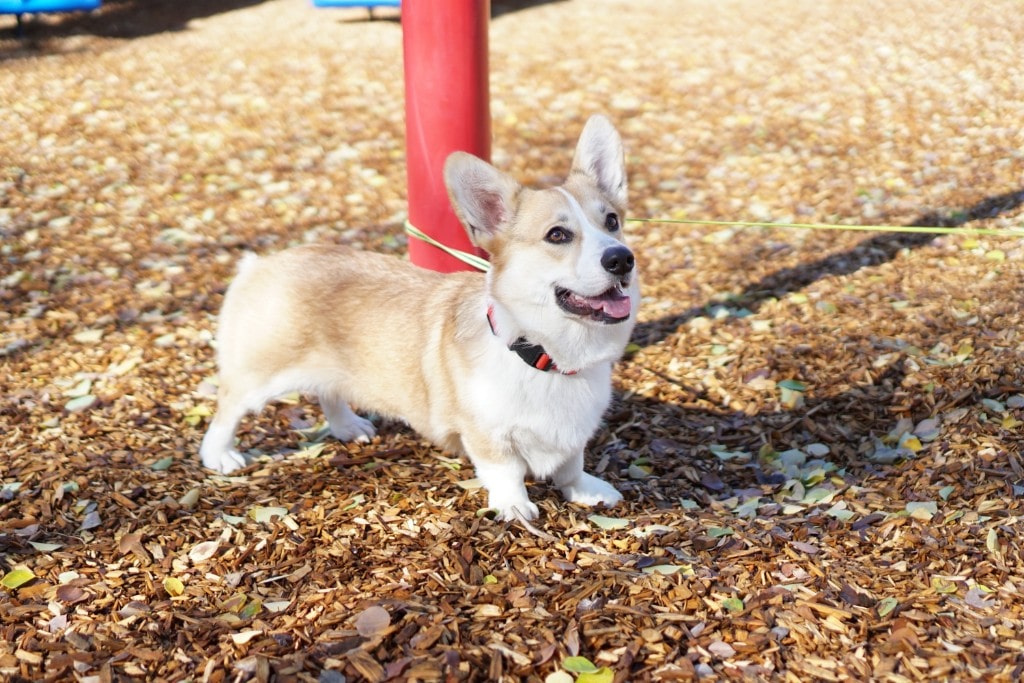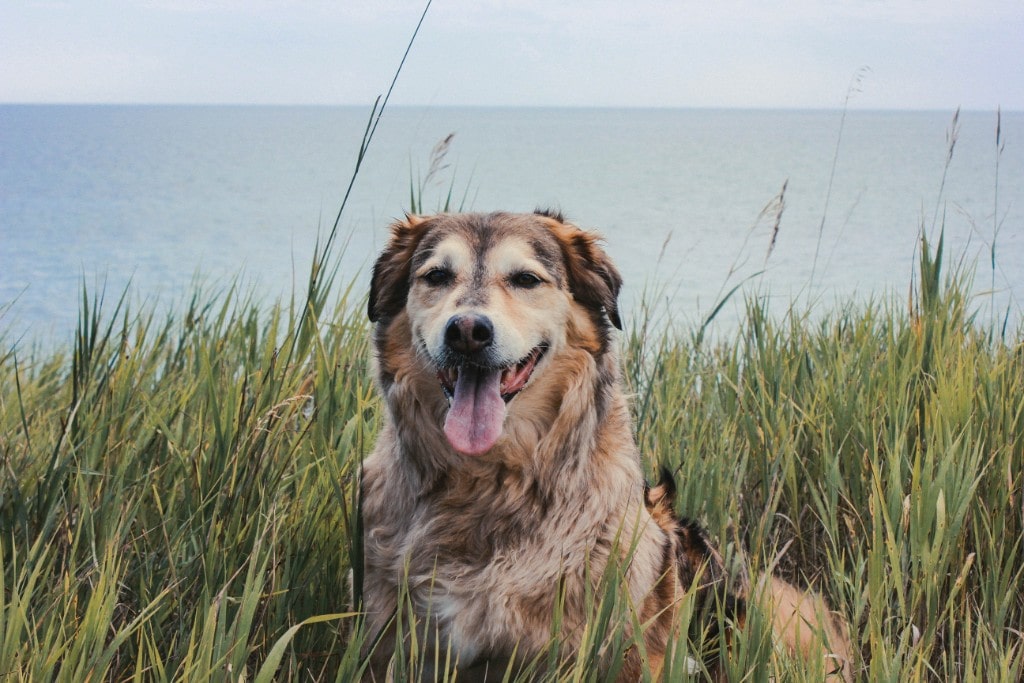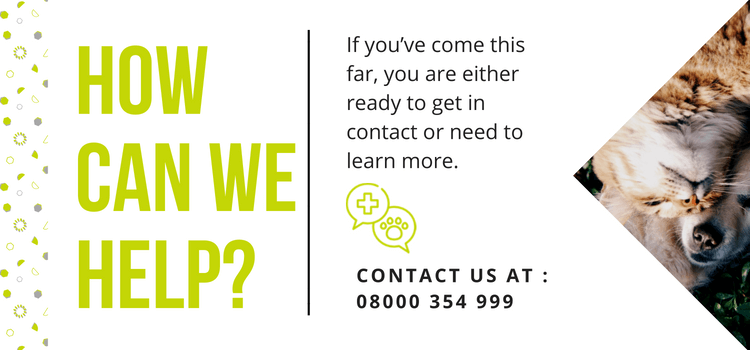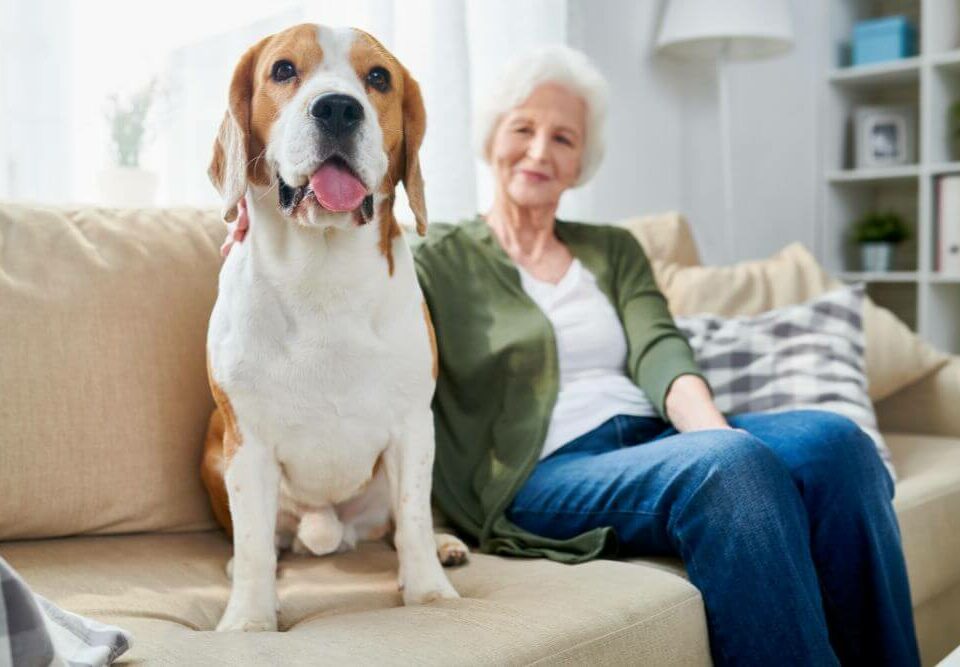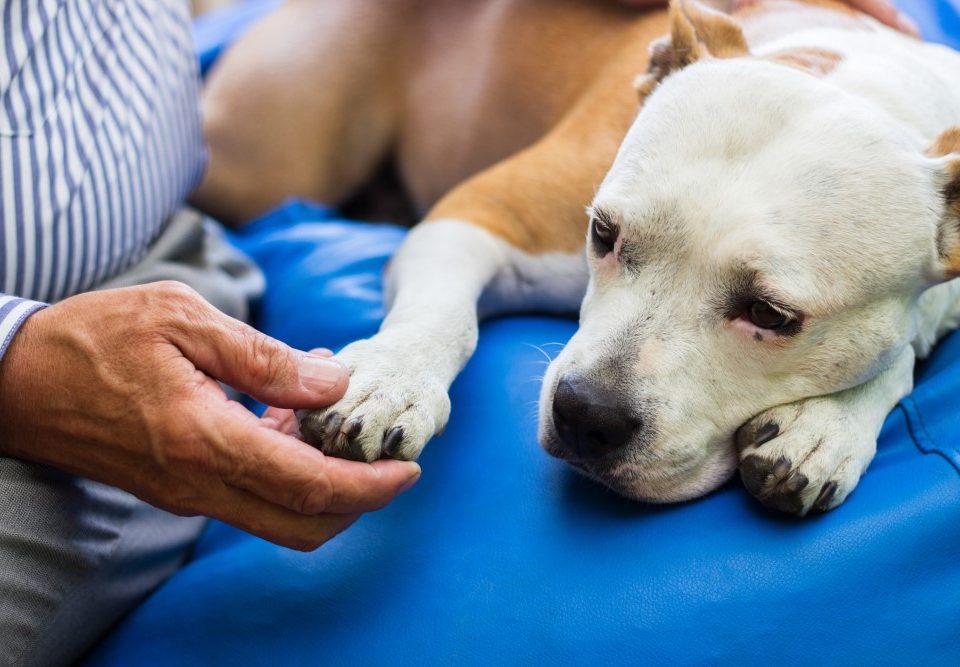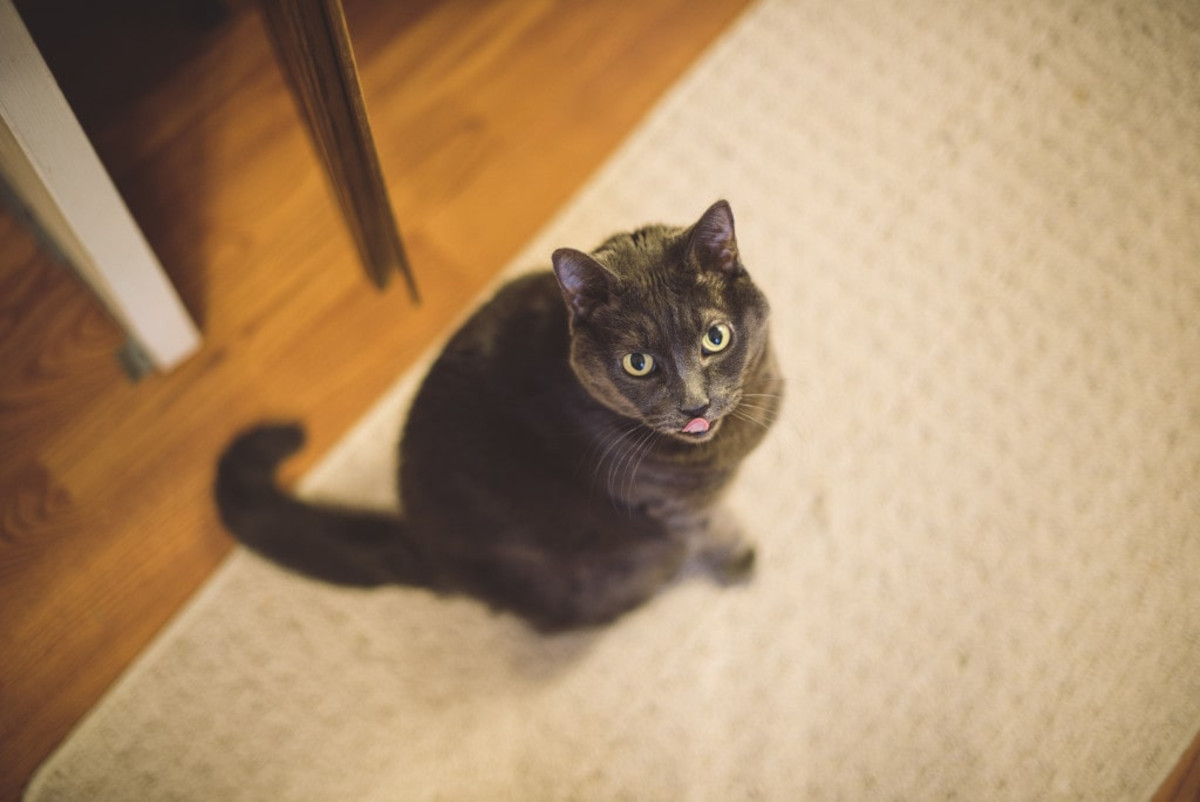
Why Do Cats Dribble? Probable Reasons And Warning Signs
October 30, 2018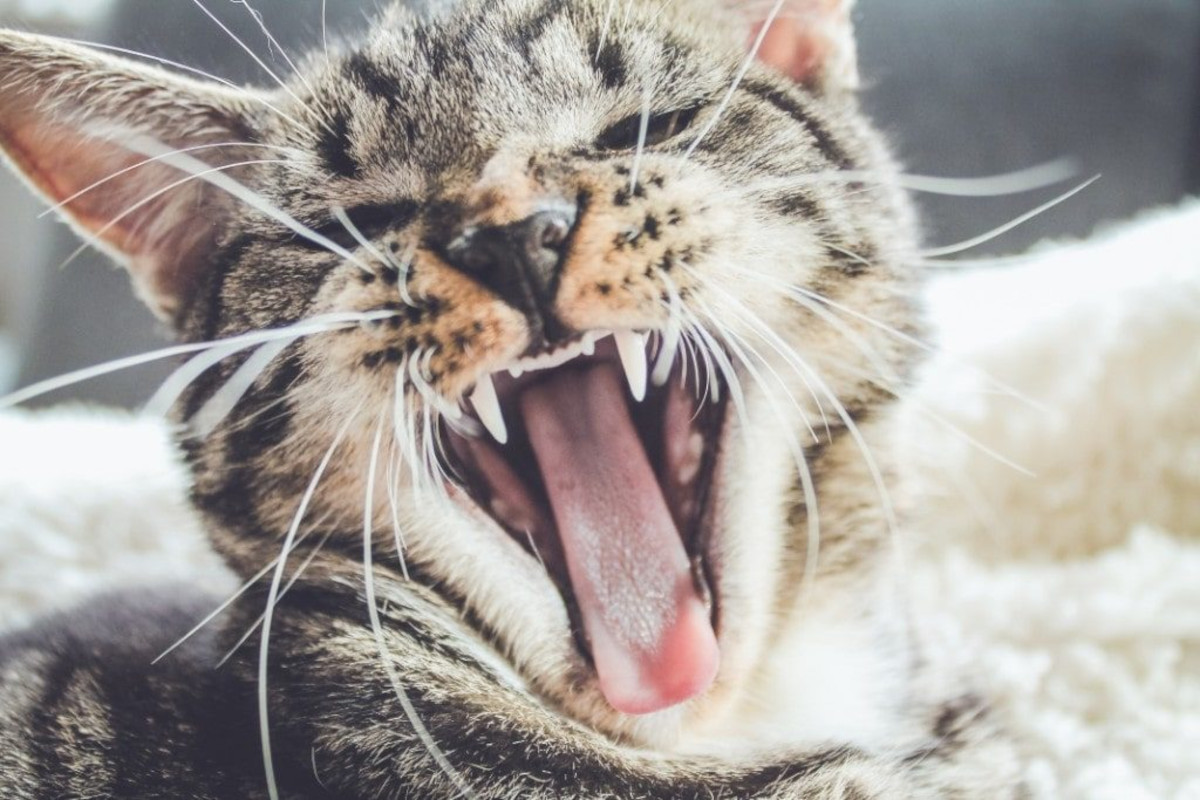
Your Cat Has Bad Breath? Here is Why You Should Be Worried
November 22, 2018Reasons for Excessive Dog Drooling and Why You Should Be Worried
All dogs slobber to cool down, and some breeds such as Saint Bernards, Bloodhounds, and Mastiffs salivate more than others. This is a normal response to stimulation and helps lubricate the mouth as it breaks down food for digestion. Also, it aids with the prevention of gum disease and tooth decay.
Hyper-salivation is perfectly natural for dogs. However, when too much saliva is produced your dog is unable to swallow. Therefore, it can cause irritation and inflammation in the mouth and lip area. Look at reasons for excessive dog drooling and why you should be worried here…
Saliva Biology
Saliva contains water, enzymes, electrolytes, and antibacterial compounds that are essential for your dog’s health. Another enzyme that starts the digestion process is Amylase. And mixed with food breaks down food matter.
The glands near the jaw produce the saliva. And ducts allow it to enter into the mouth. The production of saliva is normal. However, excessive production causes a mouth overload where it’s difficult to swallow and runs out of the mouth.
Dog Breeds with Congenital Problems
Young dogs can often have a form of excessive saliva production due to a condition known as a portosystemic shunt. As a result, their blood bypasses the liver. Breeds that have a higher rate of this problem include:
- Irish Wolfhounds
- Yorkshire and Maltese terriers
- Australian Cattle Dogs
- Miniature Schnauzers
Enlargement of the oesophagus is another hereditary condition that results in drooling and affects:
- German Shepherds
- Great Danes
- Newfoundlands
- Irish Setters
- Greyhounds
- Retrievers
Giant breeds tend to drool excessively, and this is due to their larger jowls, loose mouth skin, and short noses. Therefore, they find it harder to hold saliva in their mouth.
Breeds that suffer this condition include:
- Neapolitan and English mastiffs
- Scottish Deerhounds
- Great Danes
- Saint Bernards
- Leonbergers
- Basset Hounds
- Great Pyrenees
- Newfoundlands
Common Symptoms
You’ll know if your dog’s drooling a lot more than normal. Additionally, you may notice other changes including:
- Not eating
- Holding the head in an unusual position
- Pawing at the face
- Irritability and aggressiveness
- Sudden vomiting
- Diarrhoea
- Saliva that’s white and foamy
- Dog drooling excessively from one side of mouth
Possible Causes
There are a number of reasons that can cause excessive salivation in dogs and these include:
- Irritation from foreign objects – sticks, stones, wood, or plant matter can all cause pain, inflammation and extreme salivation
- Dental problems – inflamed and infected gums, gingivitis, and periodontal disease can result in hyper-salivation
- Injuries – gums will become red or purple when tissues are injured or ulcerated and any infection will be accompanied by an unpleasant breath odour
- Contagious diseases – may be contracted through shelters or homes with other pets, and rabies needs to be ruled out
- Heatstroke – too much time in the sun can produce signs of lethargy, unresponsiveness, and drooling
- Poisons – chrysanthemums, azaleas, and tulips are all common plants that are toxic to dogs resulting in excessive drooling
- Growths – even harmless lumps including warts can cause drooling
- Organ disease – both liver and kidney disease can cause an increase in salivation
- Cancer – a highly invasive and usually fatal form known as squamous cell carcinoma is indicated by excessive salivation
Salivary Gland Diseases
There are so many reasons for excessive salivation. Therefore, your vet will need a thorough history of symptoms and other possible causes to rule out:
- Inflammation of the salivary glands
- Loss of adequate blood supply
- Oesophageal or gastro-intestinal disorders
- Stomach bloating
- Gastric ulcer
- Hiatal hernia
Tests Needed
Your vet will determine a diagnosis of hypersalivation or ptyalism where the salivary glands are producing abnormal amounts of saliva. Also, psudoptylism when your dog can’t swallow the saliva produced, and your vet will confirm this after your dog has:
- Undergone sedation and been thoroughly examined
- Had bloodwork taken to check for infection
- Been screened for poisons
- Had a neurological examination
- Been x-rayed
- Had a serum and urine analysis
- Been given an abdominal ultrasound
Treatment Plans
You should check salivation that’s accompanied by foaming at the mouth or other serious symptoms immediately. This is because severe allergic reactions or poisoning can be fatal if left unattended. So, after diagnosis your vet will:
- Advise on good hygiene management if your dog is prone to intense emotions
- Offer solutions for behavioural causes
- Remove any foreign bodies and provide medication to heal cuts and infections
- Prescribe medication for swollen salivary glands and tonsils, removing them as necessary
- Extract teeth and deep-clean gums
- Take away growths
- Recommend dialysis in the case of kidney failure
- Monitor your dog to ensure treatment plans are working
The Saddest Outcome
When you and your vet have tried everything, and no treatment has worked, you may have to consider dog euthanasia at home as a final option. So, having taken this option, the ongoing support from trained and understanding professionals will reassure you. Also, they will provide you with a gentle at-home procedure for your chronically unwell best friend.

